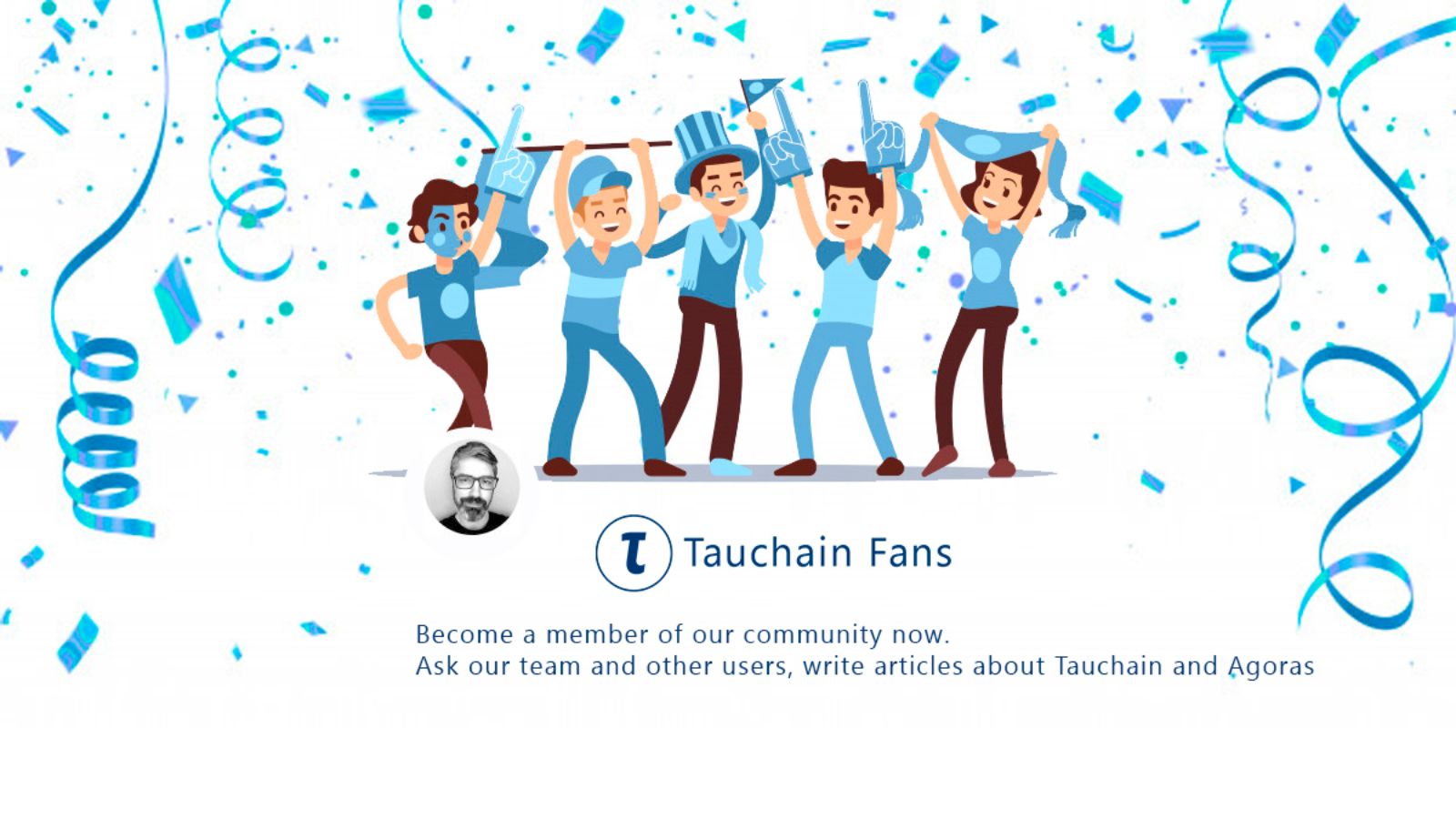Tauchain: Possible technical and economic implications of SOL, KRR, controlled Natural Languages, and Automatic Algorithm Generation.
11This blog post is my thoughts or brain storm on how Tauchain might evolve. I do not know what will happen right now because we don't even have SOL yet but this is just thinking out loud.
First I will define all the terms so people understand my thoughts.
SOL = Second Order Logic. This is what might be implemented as a SOL Logic Solver. SAT solvers were discussed before but they essentially solve a problem once you define a problem in a language they can understand which in the case of a SOL would be a SOL problem.
KRR = Knowledge Representation and Reasoning. This is implemented likely using something like Common Logic and something like a Controlled English.
Controlled Natural Language = Controlled English and similar where it's a very restricted English like logic language. It's essentially an easier way to speak in logic if we understand that logic itself is a controlled Natural Language.
Automatic Algorithm Generation = a process where evolutionary computing and evolutionary programming are used to evolve an efficient algorithm using genetic or other similar approaches. In a way this is like a universal Darwinism approach to finding algorithms for those familiar.
With these basic concepts out of the way we now can think about the fact that the alpha will seek to scale conversations. This means the masses will hopefully be able to join the process by speaking in a controlled Natural Language and become part of the development team. The addition of a SAT Solver is also interesting because it gives us the features of automation where we can repair, optimize, or even write TML itself by applying automated methods of proof search.
From this understanding I reached a preliminary conclusion that one of the earliest and most important knowledge markets we will send emerge will be a market for algorithms. In Bitcoin we mine by crunching numbers (SHA-256 hash) to generate new Bitcoins and the reward is distributed based on that. In Tauchain the algorithms are the building blocks of all apps, of all kinds of problem solving, and this means the search for algorithms is similar to the search for gold or the mining process for Bitcoin.
Automatic algorithm generation according to my current understanding will scale based on how much computation resources we can throw at it. For example you can currently apply GPUs to generate via the evolutionary process candidate solution algorithms to best fit a particular problem. In this case because no optimal solution exists or has not yet been found, this survival of the strongest algorithm process is evolutionary where by a more brute force method the best fit algorithm is landed on by the process.
Now I can imagine a market exists where algorithms now have different values. In this market I can imagine also that there can be a search engine for algorithms where anyone will be able to run a search and buy a result using the token.
For example suppose you are having a discussion where you in your discussion in controlled English define with your other participants the way you want things to function in the code? You want for example certain security guarantees so you can express it in this modified controlled English or other controlled natural languages. This would ultimately be translated into logic formulas which now mean something to the SOL solver. Just because you have a solver it doesn't mean the solver doesn't require certain knowledge right?
When you have a catalog of algorithms which is continuously expanding by market forces, you can begin working on programs or on problems which have never been solved so far but which you can express in such a way that you know it's possible to solve and that the missing pieces in the form of algorithms are just a search away. In the case that a novel algorithm is needed this too can be generated if enough computing resources are available which means not only proof search but algorithm generation can be fully automated.
This can create initial demand for the computation resources which "Zennet" is to provide. While Agoras would create the market forces to power and fund the proof search and algorithm generation process. Some may decide to auction their algorithm to the highest bidders, some may decide to lease or rent out theirs by leveraging TEE and other intellectual property maintaining techniques, some may decide to give their algorithms to the network in exchange for Agoras tokens if those tokens maintain value, and of course decentralized storage and decentralized computation for rent in theory could mean all who hold Agoras tokens can simply leverage these tokens to generate algorithms or do program synthesis.
This means that program synthesis will likely have a cost in Agoras. The cost in resources required to generate the algorithms and the code. The cost also to discuss things, which generates the formal specification for the program synthesis.
References
- http://www.interactivearchitecture.org/automated-design-using-genetic-algorithm.html
- https://www.investopedia.com/articles/financial-theory/11/using-genetic-algorithms-forecast-financial-markets.asp
- Sinha, R. S., Singh, S., Singh, S., & Banga, V. K. (2016). Accelerating genetic algorithm using general purpose GPU and CUDA. International Journal of Computer Graphics, 7(1), 17-30.
- https://en.wikipedia.org/wiki/Attempto_Controlled_English
- https://en.wikipedia.org/wiki/Controlled_natural_language
- https://en.wikipedia.org/wiki/Controlled_language_in_machine_translation
- https://courses.cs.washington.edu/courses/cse507/14au/slides/L18.pdf
- https://www.cs.utexas.edu/~bornholt/post/nnsmt.html
- http://geneticprogramming.com/tutorial/
- https://steemit.com/tauchain/@dana-edwards/using-controlled-english-as-a-knowledge-representation-language
- Kuhn, T. (2010). Controlled English for knowledge representation (Doctoral dissertation, University of Zurich).
- Kuhn, T. (2014). A survey and classification of controlled natural languages. Computational Linguistics, 40(1), 121-170. https://www.mitpressjournals.org/doi/full/10.1162/COLI_a_00168
- http://cs.union.edu/~striegnk/learn-prolog-now/html/node20.html
- https://en.wikipedia.org/wiki/Business_rule_management_system

 6m:22s
6m:22s  6 years ago
6 years ago


Comments